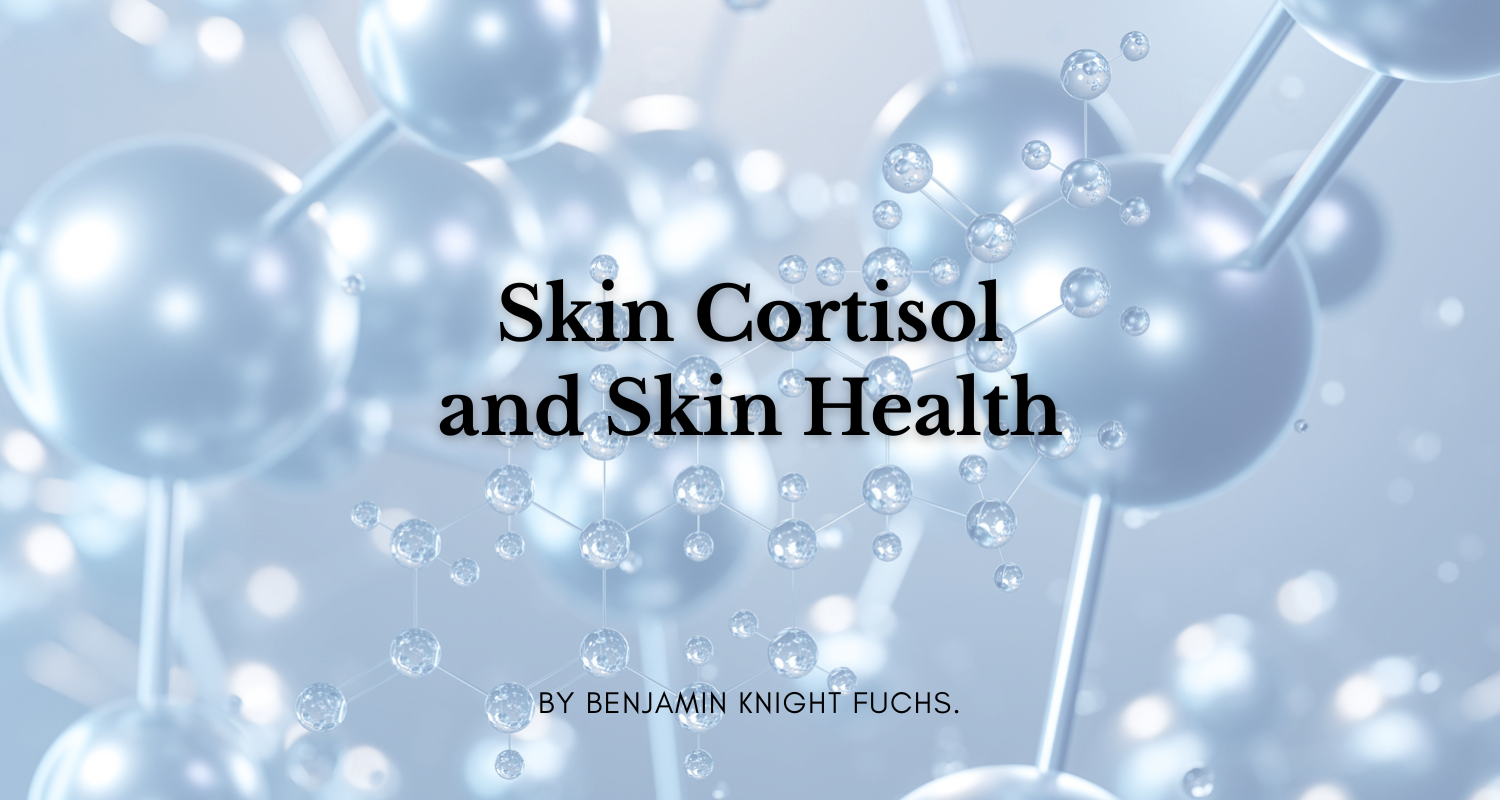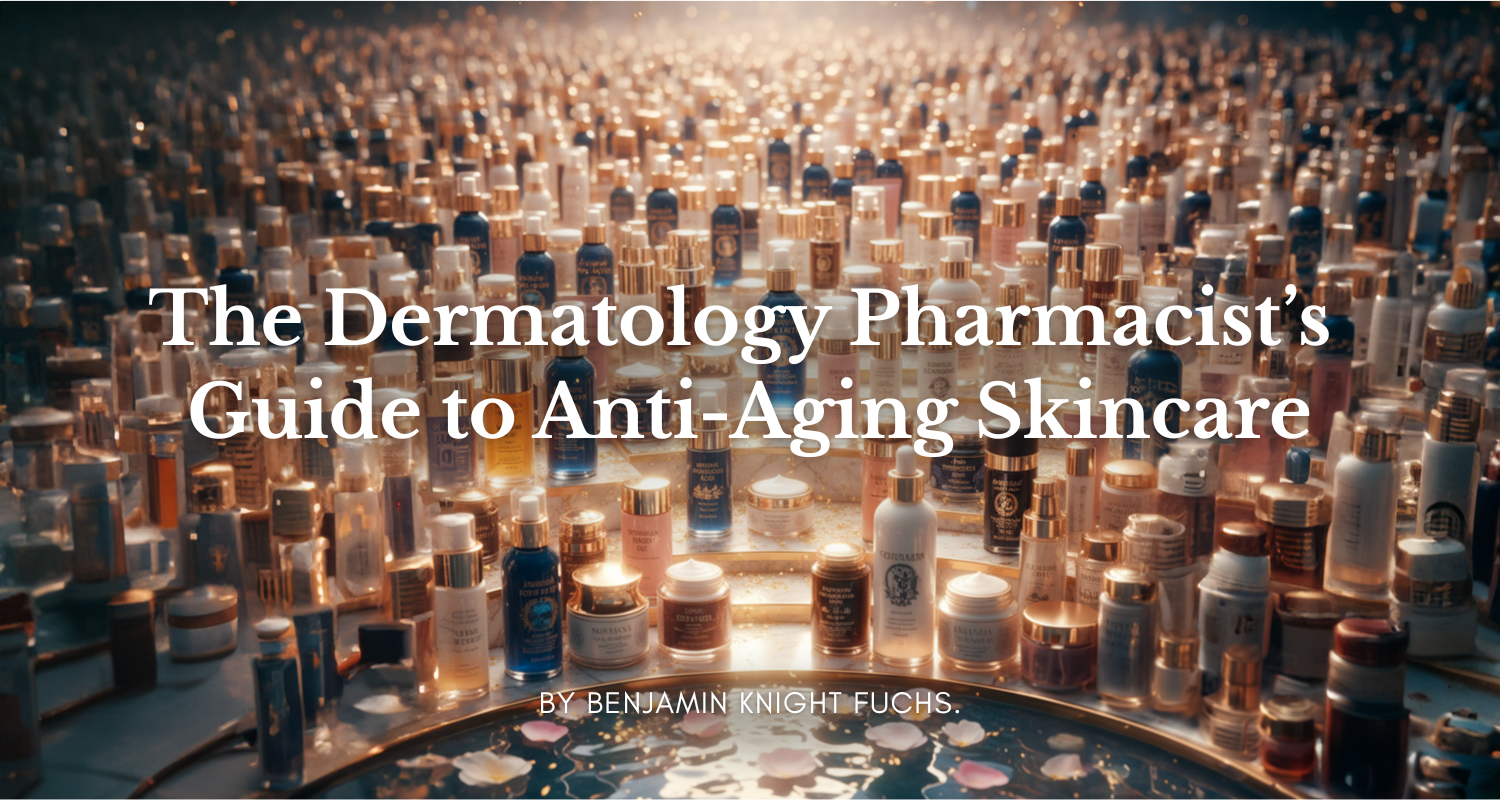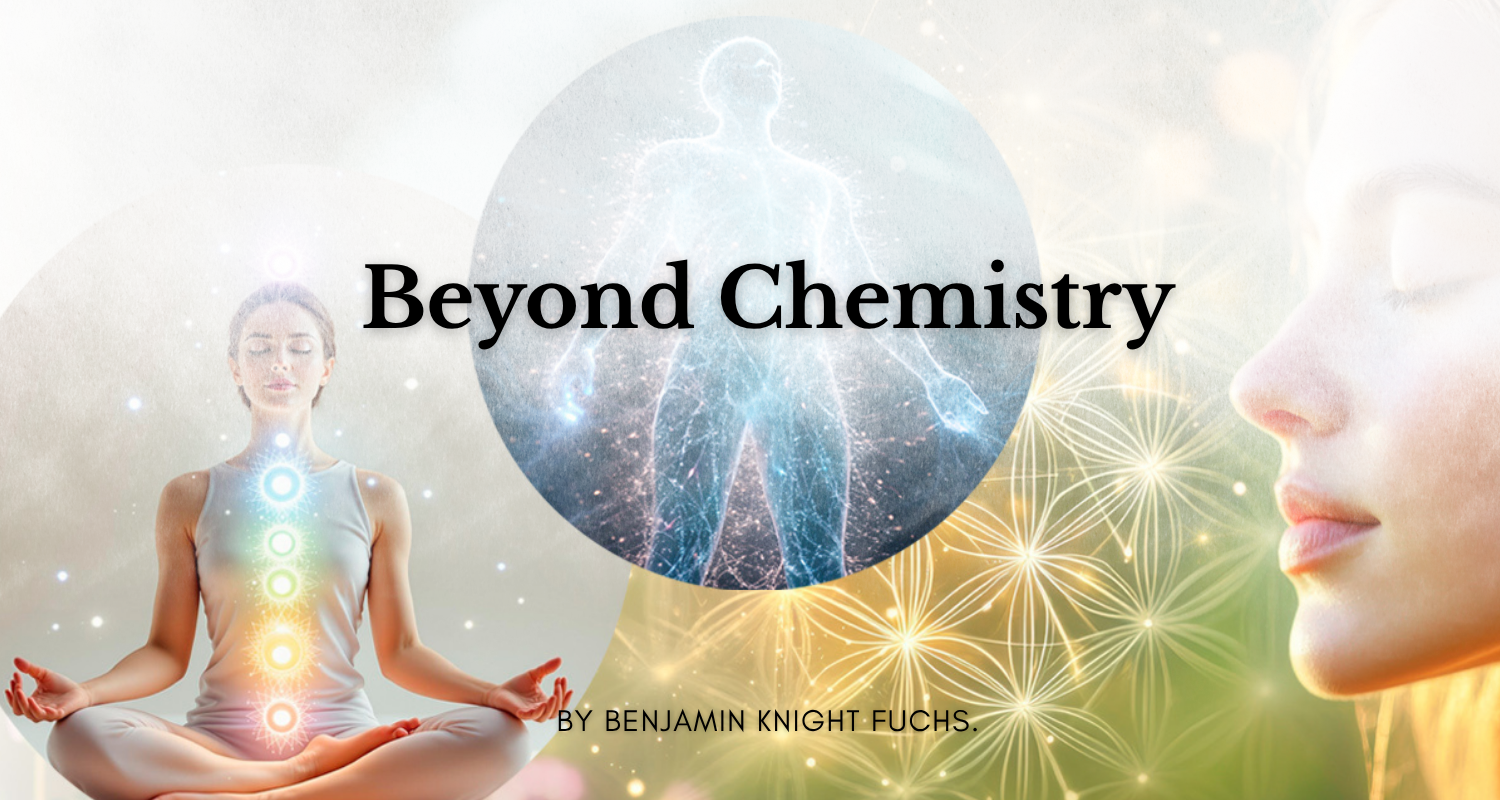
Stress and Your Skin: More Connected Than You Think.
We all know stress shows up on our faces — dullness, breakouts, irritation — but few people realize why. The main culprit behind stress-related skin issues is cortisol, the body’s primary stress hormone.
Most people think cortisol only comes from the adrenal glands, but your skin actually has its own built-in stress system. Skin cells like keratinocytes, fibroblasts, and sebocytes all contain an enzyme called 11β-HSD1, which converts inactive cortisone into active cortisol — right in the skin itself.
This means that even when your blood levels are stable, your skin can still be producing its own cortisol. In small, short bursts, this can help calm inflammation or speed up repair. But when stress becomes chronic — from UV exposure, pollution, lack of sleep, or emotional strain — your skin’s stress system goes into overdrive.
What Happens When Cortisol Stays High
Too much cortisol throws your skin out of balance. Sebaceous glands can produce too much (or too little) oil, and the oil itself becomes more inflammatory and clogging. Cell turnover slows, leaving rough, dry texture, while your barrier weakens — leading to irritation and dehydration.
Cortisol also suppresses fibroblasts — the cells that make collagen and elastin — so firmness declines and wrinkles deepen. At the same time, enzymes that break down collagen become more active, meaning your skin’s support structure is literally breaking down faster than it can rebuild.
It doesn’t stop there. Cortisol shuts down Nrf2, your body’s master antioxidant system, leaving skin vulnerable to free radical damage from UV and pollution. The result? Fragile, dull, poorly resilient skin that looks — and feels — stressed.
How to Rebalance Skin Under Stress
The goal isn’t to “get rid of cortisol” — your body needs it. The key is to restore balance and support your skin’s ability to recover.
That’s where a trio of powerhouse ingredients comes in: Vitamin C, Retinoids, and Mineral Polyelectrolytes.
Together, they help calm stress signals, repair barrier function, and re-energize the skin from within.
Vitamin C: Your Skin’s Anti-Stress Shield
You may already think of Vitamin C as a brightening or anti-aging ingredient — but it’s also your skin’s most powerful anti-stress molecule.
When cortisol levels rise, they trigger reactive oxygen species (free radicals). Vitamin C is the antioxidant that neutralizes these before they can cause damage. It also reactivates Nrf2, your skin’s internal defense switch that cortisol shuts down.
Vitamin C keeps sebum from oxidizing (reducing acne flare-ups), energizes skin cells, and helps maintain a strong, hydrated barrier. It’s also essential for collagen production — directly reversing cortisol’s breakdown effects — and reduces dark spots caused by stress or sun exposure.
More than just a brightener, Vitamin C is your daily stress protector.
Retinoids: The Ultimate Skin Rebuilder
Retinoids (Vitamin A derivatives) are legendary in skincare for a reason. When applied to the skin, retinol converts into retinoic acid — the active form that tells cells to act younger and healthier.
Where cortisol slows down repair, retinoids turn it back on. They boost collagen, accelerate renewal, and restore elasticity. They also regulate oil production and unclog pores, making them perfect for both aging and acne-prone skin.
If cortisol weakens your skin’s foundation, retinoids are the builders that help rebuild and strengthen it.
Mineral Polyelectrolytes: The Skin’s Energy Reset
This is one of the most exciting new categories in skin science. Ionic mineral polyelectrolytes are charged mineral complexes that act like bioelectric stabilizers.
Stress drains your skin’s “battery,” disrupting how cells communicate and repair. These minerals restore that electrical balance — literally recharging the skin’s bioelectric system.
They also boost microcirculation, helping nutrients and oxygen reach the skin more efficiently. Minerals like zinc, copper, and manganese support your antioxidant enzymes, protecting against oxidative stress and helping the skin stay resilient.
When your skin feels tired, dull, or slow to heal, mineral polyelectrolytes bring it back to life.
The Perfect Trio for Stressed Skin
Together, Vitamin C, Retinoids, and Mineral Polyelectrolytes form a complete recovery system for skin under stress.
-
For oily or acne-prone skin, Vitamin C prevents oxidation, Retinoids balance oil, and Minerals calm inflammation.
-
For dry or sensitive skin, Vitamin C supports the barrier, Retinoids renew, and Minerals improve hydration.
-
For aging skin, Vitamin C builds collagen, Retinoids boost elasticity, and Minerals energize and improve circulation.
-
For pigmentation, Vitamin C reduces melanin overproduction, Retinoids smooth tone, and Minerals defend against oxidative stress.
Think of Cortisol Like a Storm
Cortisol acts like a storm hitting your skin — it disrupts oil glands, weakens the barrier, and damages collagen.
-
Vitamin C is your umbrella, shielding skin from the storm.
-
Retinoids are the builders who repair the damage.
-
Minerals are the electricity that brings the system back online.
When used together, they restore balance, energy, and resilience.
The Truth About Skin and Stress
Cortisol isn’t your enemy — it’s essential for healing and repair. The problem is that in modern life, it rarely switches off. Chronic stress keeps the skin locked in survival mode, accelerating signs of aging, pigmentation, and breakouts.
The good news? You can change that.
With the right ingredients, a consistent routine, and a mindful approach to wellness, you can help your skin recover, repair, and glow again — no matter what life throws your way.
by Benjamin Knight Fuchs, R.Ph.
Written by a pharmacist, nutritionist, and skin health chemist dedicated to helping you understand the science of beautiful skin.


